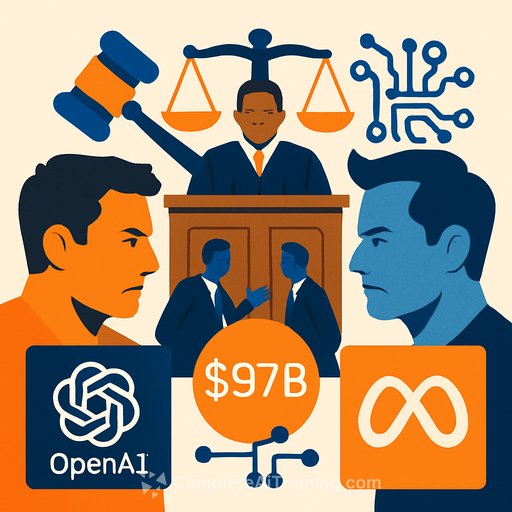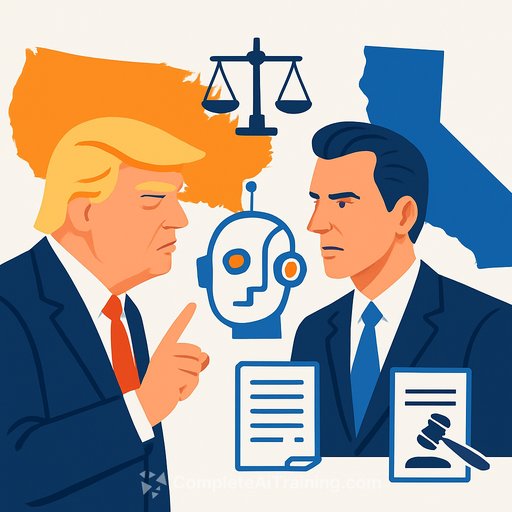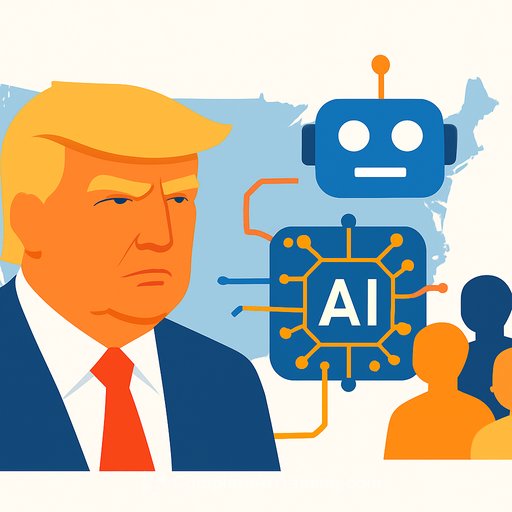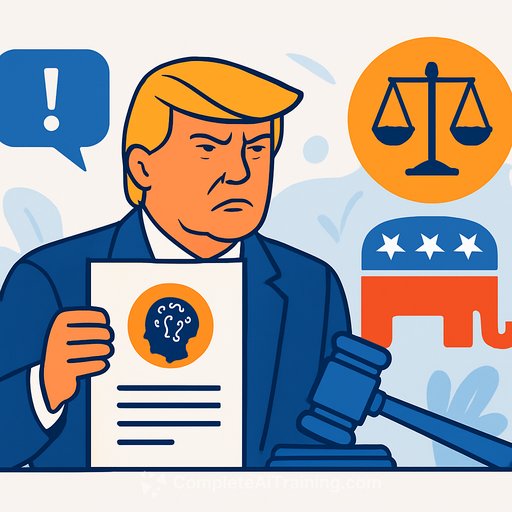OpenAI Subpoenas Meta in Legal Battle Over Musk's Acquisition Attempt
The legal dispute between OpenAI and Elon Musk has escalated as OpenAI issued a subpoena to Meta for documents related to Musk's attempt to acquire the company behind ChatGPT. The subpoena aims to uncover any discussions or plans between Musk and Meta CEO Mark Zuckerberg regarding a potential investment or acquisition.
This development is part of Musk's ongoing lawsuit against OpenAI, where he claims the company's shift from a non-profit to a "capped-profit" model breaches its original mission. OpenAI’s legal team filed the subpoena in June, suggesting Musk may have directly engaged Zuckerberg about financing or investment arrangements tied to a proposed $97 billion takeover bid made in February.
Meta's Response to the Subpoena
Meta has formally objected to the subpoena, arguing that internal communications are irrelevant to the current lawsuit. The company insists that Musk and his AI startup, xAI, are the appropriate parties to provide any necessary information. Meta’s objection highlights the fierce competition in the AI sector, with both Meta and xAI aggressively pursuing strategies to challenge OpenAI’s market position.
Meta has invested heavily in its AI initiatives, reportedly committing $14 billion to Scale AI and recruiting top talent from OpenAI. These moves underline Meta’s determination to advance its AI capabilities quickly and effectively.
The Musk-Zuckerberg Dynamic Amid AI Competition
The subpoena raises questions about a possible collaboration between Musk and Zuckerberg, two figures known for their public rivalry. Despite past conflicts, including a highly publicized challenge to a physical fight that never occurred, their shared interest in contesting OpenAI’s dominance may have prompted discussions.
The outcome of the subpoena could reveal key insights into the motivations behind Musk’s acquisition attempt and provide a clearer picture of the competitive tensions shaping the AI industry.
Potential Implications for OpenAI and the AI Industry
If the court compels Meta to comply, the disclosed records might influence the ongoing lawsuit and shed light on the strategic moves of major AI players. This legal conflict serves as a reminder that AI’s future is influenced by both technological advancements and strategic legal actions.
For legal professionals tracking AI-related litigation, this case underscores the intersection between corporate strategy and emerging technologies. It also highlights how legal tools like subpoenas can play a critical role in uncovering business intentions behind major tech deals.
Your membership also unlocks:






